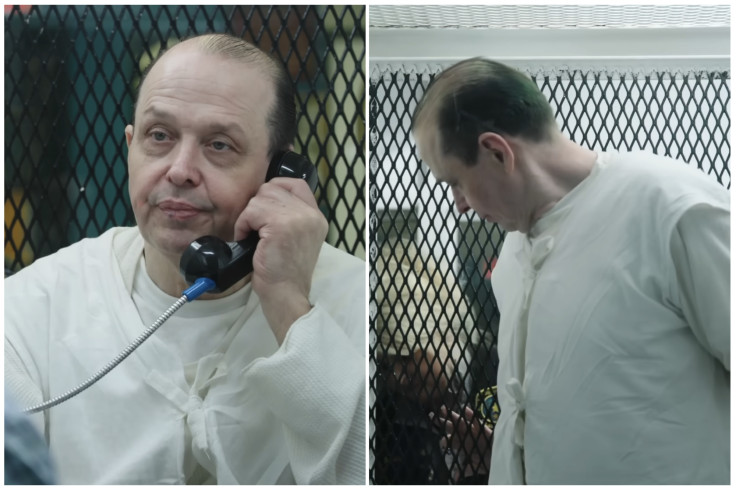A jury member who sentenced a Texas man to death testified, "I would not have found him guilty," in Monday's hearing, which halted his execution to question the outdated science behind his conviction.
A Texas death row inmate convicted of killing his toddler was temporarily saved from execution Thursday when a hearing was scheduled to raise concerns about the science behind the conviction.
Robert Roberson, convicted in 2003 for the death of his 2-year-old daughter, Nikki Curtis, may have a chance at exoneration due to new evidence. His conviction was based largely on a Shaken Baby Syndrome diagnosis, but many experts now believe the scientific basis for this diagnosis is outdated. Medical records indicate Nikki may have died from viral pneumonia, worsened by medications that suppressed her breathing, rather than abuse.
The hearing, called by the Texas House Committee on Criminal Jurisprudence, began Monday.
Terre Compton, a juror from Roberson's original trial, testified that she would not have voted to convict Roberson if the current evidence had been available, the Texas Tribune reported. Compton said the jury's decision was based solely on shaken baby syndrome, without any information about Nikki's underlying medical conditions.
"In good conscience, I could not live with myself thinking that I had a hand in putting an innocent man to death," Compton said at the hearing on Monday.
"Everything that was presented to us was all about shaken baby syndrome," Compton continued. "That was what our decision was based on. Nothing else was ever mentioned or presented to us to consider. If it had been told to us, I would have had a different opinion. And I would have found him not guilty."
The Texas Court of Appeals had repeatedly blocked appeals and was ready to proceed with the Oct. 17 execution before the House Committee intervened. Roberson's scheduled execution conflicted with the committee's subpoena for Roberson to testify, leading to the execution stay that saved Roberson's life, for now.
Committee member and State Rep. Jeff Leach, (R-Plano), a key participant in halting the execution, acknowledged the committee's limits.
"It is not our role as the Legislature to retry this case," he said in opening remarks. "We have to be very cognizant and careful not to act as some super appellate court. And I hear those concerns, I share those concerns, and we have to be — members — laser focused on staying in our lane."
The basis for the committee's intervention is a 2013 junk science law in Texas, which entitles inmates to new trials if the scientific evidence behind their case is changed or discredited.
Since Roberson's conviction, scientists have expanded their understanding of medical conditions and accidental traumas that would have formerly been diagnosed as Shaken Baby Syndrome. In recent years, at least 34 convictions based on shaken baby syndrome have been exonerated, according to The National Registry of Exonerations, but Roberson has not been granted a new trial.
The hearing, which lasted over nine hours, featured testimony from medical and forensic experts, as well as prominent supporters of Roberson's innocence, including novelist John Grisham and TV host "Dr. Phil" McGraw.
Roberson's case remains in legal limbo as lawmakers debate whether he should testify in person or via video. Roberson's defense argues that his autism and lack of technological familiarity would impair his ability to testify remotely. Texas lawmakers are now working to resolve the issue, with some considering visiting him on death row to hear his testimony.
© 2025 Latin Times. All rights reserved. Do not reproduce without permission.





